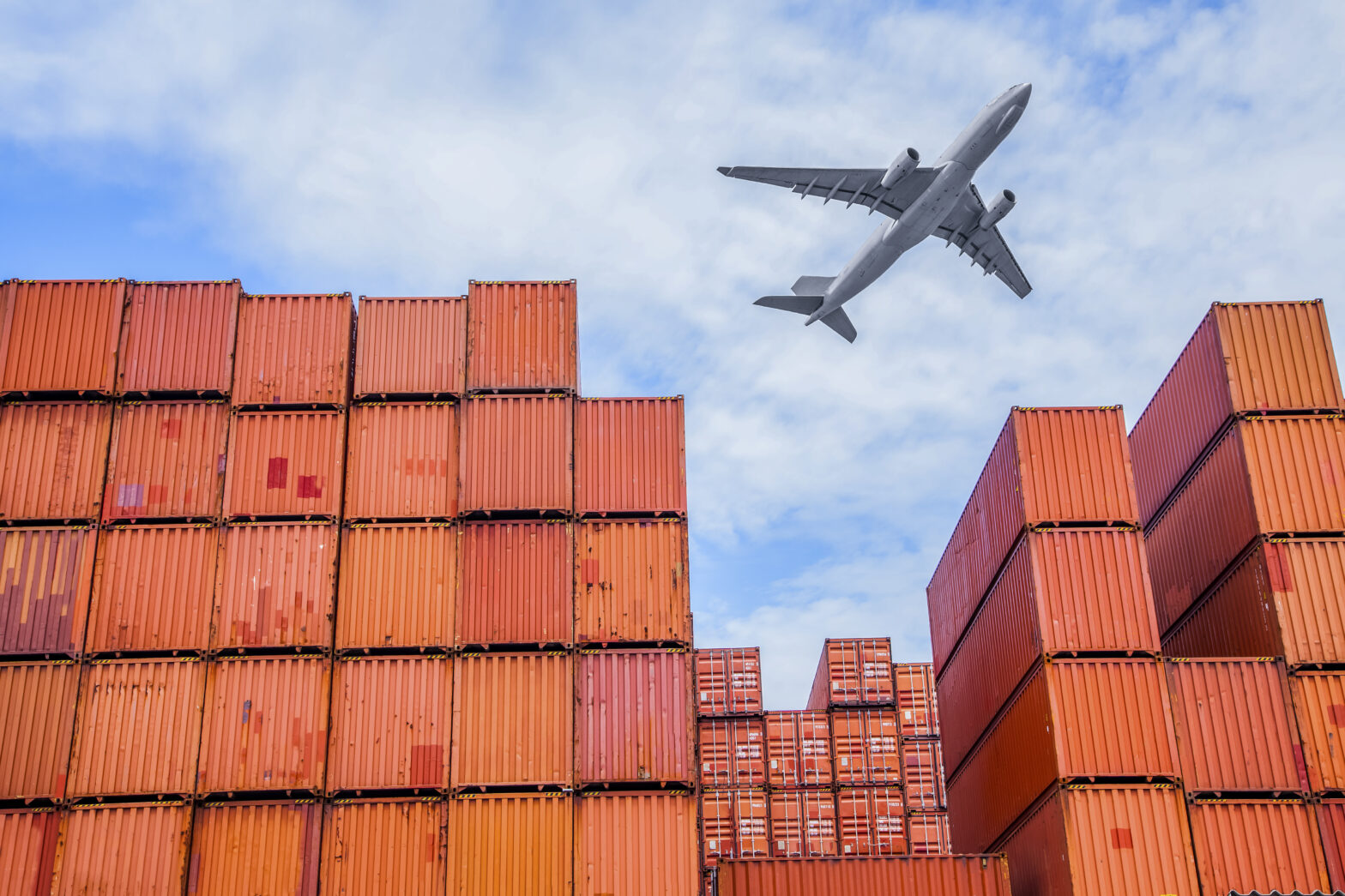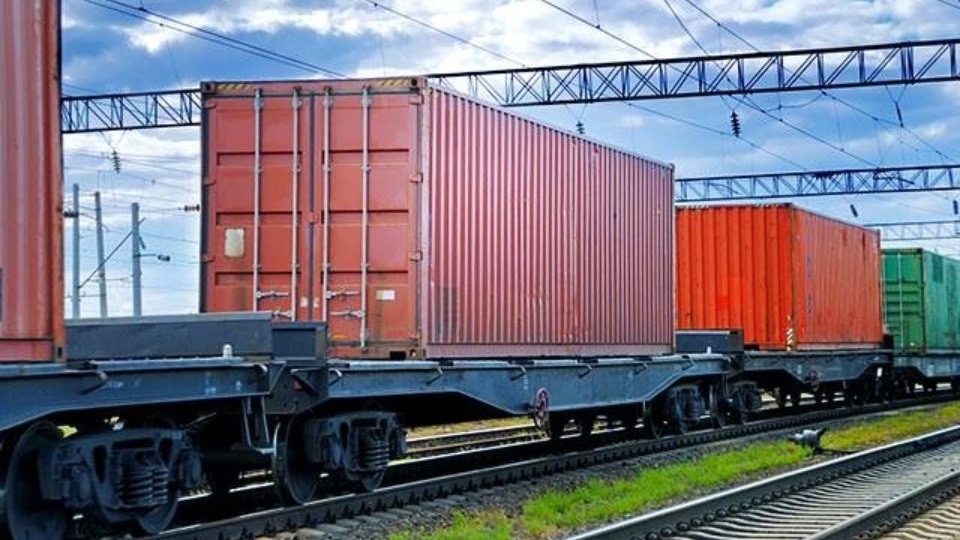- By TOP CHINA FREIGHT
- August 25, 2025
- Shipping
Importing goods from China to Lebanon can be complex, with costs, transit times, and customs procedures to consider. This guide explains everything you need to know to ship from China to Lebanon efficiently and cost-effectively.

1.Why Shipping from China to Lebanon Is Booming
Trade between China and Lebanon has grown steadily in the last decade, driven by competitive pricing, product diversity, and reliable supply chains. Businesses—from small retailers in Tripoli to large distributors in Beirut—are increasingly turning to China for products like electronics, clothing, building materials, and automotive parts. With China’s manufacturing hubs producing high-quality goods at affordable prices, the importers gain a competitive edge in their local market. However, success depends on understanding the logistics, costs, and risks involved in shipping from China to Lebanon.
Example:
A small e-commerce store in Beirut importing phone accessories doubled its profit margins by switching from air freight to LCL sea shipping, reducing costs by nearly 40% per shipment while maintaining reliable delivery times.
2.Popular Trade Routes from China to Lebanon
Selecting the right route impacts delivery times and costs. Most shipments use direct sea or air routes from major Chinese logistics hubs.
| Origin Port in China | Destination in Lebanon | Typical Transit Time | Best For |
|---|---|---|---|
| Shanghai | Beirut | 28–35 days | Electronics, furniture |
| Ningbo | Beirut | 30–38 days | Machinery, textiles |
| Shenzhen | Beirut | 27–34 days | High-volume goods |
| Guangzhou | Beirut | 29–36 days | Consumer goods |
| Qingdao | Beirut | 32–40 days | Industrial equipment |
Expert Tip:
If your supplier is in southern China (Shenzhen or Guangzhou), you may benefit from shorter sailing schedules and better consolidation services.
3.Main Shipping Methods from China to Lebanon

Sea Freight
Sea freight remains the most cost-effective method for bulk shipments.
FCL (Full Container Load):
Best for shipments that fill a 20ft or 40ft container. You pay a flat rate and gain full control over loading, reducing handling risks.
- 20ft container: Ideal for small-to-medium loads (up to 28 CBM).
- 40ft container: Perfect for high-volume goods or multiple SKUs.
LCL (Less than Container Load):
Suitable for small or medium shipments. You share container space and cost with other shippers, paying only for the volume you use.
Advantages of Sea Freight:
- Lowest cost per unit for large shipments
- Reliable for bulk and heavy goods
- Flexible for different cargo types
Disadvantages:
- Longer transit times
- Requires better planning and inventory management

Air Freight
Air freight offers the fastest delivery for high-value, time-sensitive cargo.
| Detail | Information |
|---|---|
| Transit Time | 3–7 days |
| Best For | Electronics, fashion, medical supplies, or urgent replenishments |
| Cost | Around $5–$8 per kg depending on size, weight, and route |
| When to Choose Air Freight | – Urgent restocking needs- High-value, time-sensitive products- Reducing inventory lead time |
| Example | A Lebanese jewelry retailer shipping 50kg of accessories via air freight ensures products reach Beirut within 4 days, meeting high seasonal demand |

Express Courier Services
Express services like DHL, UPS, FedEx, and Aramex are ideal for lightweight shipments or urgent samples.
Transit time:
3–5 days
Pricing:
Based on actual or volumetric weight, whichever is higher
Best for:
- Samples for product testing
- Small e-commerce orders
- Urgent business documents
Pro Tip:
Use express couriers when speed outweighs cost. Many forwarders also offer discounted rates for business accounts.

Rail and Multimodal Shipping
Some forwarders combine China–Europe rail freight with sea or road transport to deliver goods to Lebanon.
| Detail | Information |
|---|---|
| Transit Time | 18–25 days |
| Cost | Between sea and air freight |
| Best For | Medium-volume shipments that need faster delivery than sea but at a lower cost than air |
4.Factors Affecting Shipping Costs
Larger shipments lower the per-unit cost. For example, consolidating shipments into one FCL container is cheaper than multiple LCL bookings.
Sea freight is cheapest, air freight is faster, and express is best for urgent but small loads.
Costs rise during peak seasons like Q4 and Chinese New Year.
Congestion in Beirut can lead to extra storage or demurrage fees.
Fluctuating bunker fuel prices directly impact freight rates.
| Method | Cost Estimate | Transit Time |
|---|---|---|
| Sea Freight (LCL) | $80–$120/CBM | 28–38 days |
| Sea Freight (FCL 20ft) | $2,200–$3,000 | 28–35 days |
| Air Freight | $5–$8/kg | 3–7 days |
| Express Courier | $8–$12/kg | 3–5 days |
5.Understanding Customs Clearance in Lebanon
Customs clearance is a critical step in ensuring smooth delivery of your goods. Errors or missing documents can lead to costly delays.
Required Documents
- Bill of Lading (for sea freight) or Air Waybill (for air freight)
- Commercial Invoice
- Packing List
- Certificate of Origin (for certain goods)
- Import License (for restricted products)
Tips for Hassle-Free Clearance
- Double-check all paperwork for accuracy
- Ensure HS codes are correct to avoid misclassification
- Partner with a trusted customs broker or forwarder
6.Import Duties and Taxes
Lebanon calculates import duties and VAT based on the CIF value (Cost + Insurance + Freight).
| Charge | Rate |
|---|---|
| Customs Duty | 0–20% depending on product category |
| VAT | 11% |
| Other Fees | Port handling, storage, and documentation fees |
Example:
Importing $10,000 worth of goods with a 5% duty and 11% VAT could add nearly $1,600 to your total landed cost.
7.Insurance and Risk Management
Shipping involves risks such as cargo damage, loss, or theft.
Risk-Reduction Tips:
- Always purchase cargo insurance—costs are minimal compared to potential losses.
- Use professional packing services to minimize damage.
- Track shipments in real-time for quick response to delays or issues.
8.Tips for Reducing Shipping Costs
1.Consolidate Orders:
Reduce per-unit costs by shipping larger volumes.
2.Plan Ahead:
Avoid last-minute bookings that drive up costs.
3.Negotiate Rates:
Work with multiple forwarders for the best deal.
4.Avoid Peak Seasons:
Ship before Q4 or after Chinese New Year when rates are lower.
5.Choose the Right Incoterms:
FOB or EXW terms can affect your total cost.
9.How to Choose the Best Freight Forwarder

A reliable forwarder ensures smoother logistics, fewer delays, and better cost efficiency.
Key Qualities of a Good Forwarder
Experience in China–Lebanon trade routes
- Transparent pricing with no hidden charges
- End-to-end logistics solutions, including door-to-door services
- Strong network in both China and Lebanon
- Responsive customer service and proactive updates
10.Common Challenges and Solutions
| Challenge | Impact | Solution |
|---|---|---|
| Port congestion in Beirut | Delays and extra costs | Book early, track port updates, plan buffer time |
| Inaccurate documentation | Customs delays or fines | Work with experienced forwarders or brokers |
| Currency fluctuations | Unexpected cost increases | Lock rates in USD or EUR contracts |
| Cargo damage or theft | Financial losses | Use quality packaging and cargo insurance |
| Miscommunication with suppliers | Delayed shipments | Confirm schedules and booking details in writing |
Conclusion
Shipping from China to Lebanon doesn’t have to be complicated. By choosing the right shipping method, understanding customs procedures, and working with a professional China freight forwarder, businesses can cut costs, reduce delays, and keep their supply chain running smoothly.
Need a Shipping Quote?
If you want expert guidance and peace of mind, our team is ready to assist.
TJ China Freight offers tailored solutions to help businesses of all sizes ship more reliably from China.
FAQs
Q1:Can I combine orders from multiple Chinese suppliers into one shipment?
Yes. Consolidation is common and cost-efficient, especially for LCL sea freight. Your freight forwarder can collect goods from different suppliers, store them in a warehouse, and ship them together to Lebanon in one container.
Q2:How can I minimize damage when shipping fragile products?
Request professional export packaging, use pallets, and consider vacuum wrapping for sensitive goods. Adding cargo insurance and using shock indicators also helps safeguard fragile items.
Q3:What payment terms should I use when working with Chinese suppliers?
Common terms include TT (Telegraphic Transfer) and LC (Letter of Credit). For small or repeat orders, some businesses negotiate partial upfront payments with the balance paid before shipment.
Q4:Are there specific goods restricted or prohibited in Lebanon?
Yes. Items like counterfeit products, certain chemicals, firearms, and unlicensed pharmaceuticals are restricted. Always check Lebanon’s import regulations before placing orders.
Q5:How do currency fluctuations affect my shipping costs?
Freight rates are often quoted in USD, so changes in currency exchange can increase costs. It’s safer to budget in USD and confirm exchange rates before making payments.
